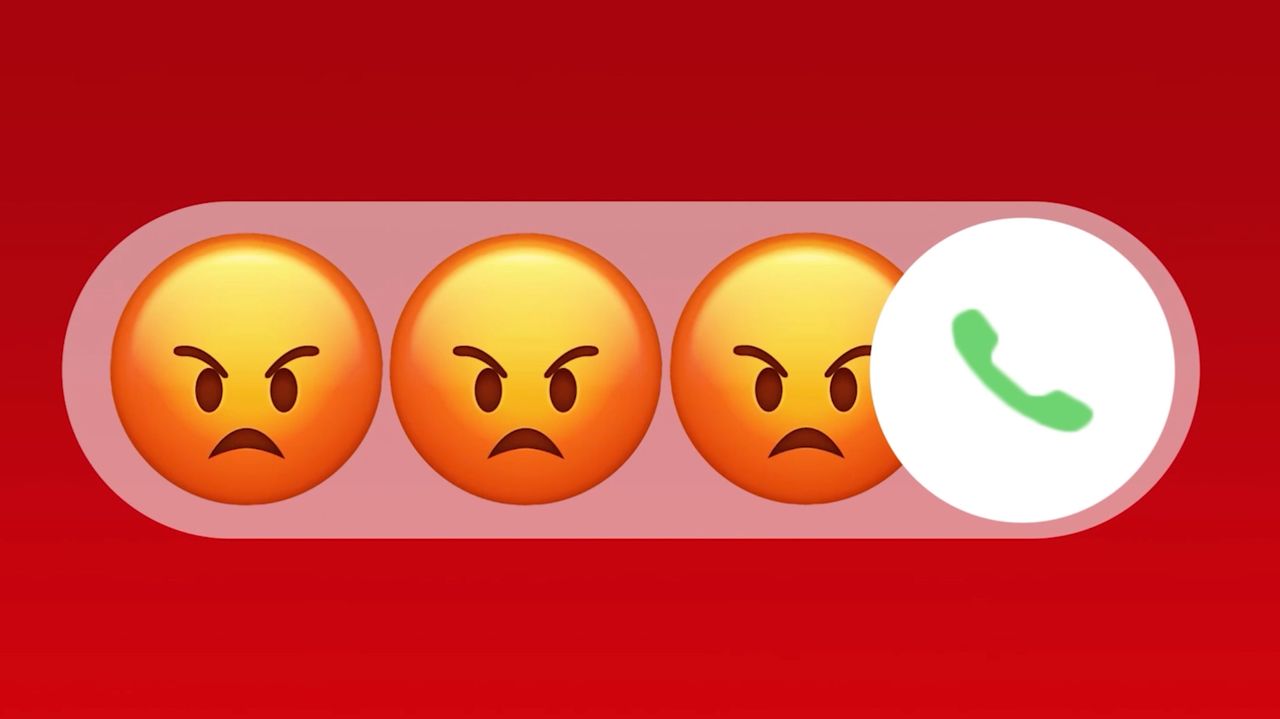For some people, there is nothing more delightful than the surprise ringing of a phone that signals someone is thinking about them. For others, there is nothing ruder, more intrusive or panic-inducing than an unannounced call. You are out of your mind—and possibly not in their life—if you’re not sending them a text first.
Phone-call etiquette has never been more complicated. Family members, co-workers, spouses and friends can’t agree on whether it’s OK to call someone without first alerting them via text that you plan to call.
The debate is intensifying: the more entrenched texting has become, the more people have come to find a phone call without warning unacceptable. Those who call without warning, in turn, find the phone-call-phobic rigid to the point of absurdity: calls aren’t “unannounced”—the ringing is the announcement, with more than 100 years of precedent.
“I just don’t think calling is that big of a deal,” says Aparna Paul, 41, of North Easton, Mass., director of communications for a nonprofit.
She frequently calls friends and family out of the blue. Once when she needed to get a work task done that required contacting a colleague, she dialed him up without texting or emailing first.
“The co-worker was very annoyed that I called him,” she says. “Extremely annoyed.”
Paul is flummoxed by the shift toward some unwritten rule that a phone call must be a planned event: “To me it’s a little bit narcissistic to think your time is so important that I have to pencil myself into your schedule for a two-minute call.”
Expectations for communicating by phone tend to fall along generational lines, though outliers exist. Those who grew up with landlines and can remember having to pick up a phone to know who was on the other end often aren’t as perturbed by an unannounced call. People who’ve been texting away on cellphones since high school expect a heads up.
Preference for text messaging is highest among those aged 18 to 24, followed by those 25 to 34, according to a December survey from YouGov. Among 2,000 white-collar professionals surveyed by recruiting firm Robert Walters in March, just 16% of those who are Gen Z—those born between 1997 to 2012—thought the phone was a productive form of professional communication.
Merci Grace, 39, an investor in San Francisco, finds unannounced calls intrusive. She would just as soon not receive unscheduled calls—or calls of any kind—unless there is a specific reason.
Her husband finds specific reasons to call her all the time.
While she was in Fresno with her sisters recently, he called twice in quick succession: the first to tell her something the dogs had done. The second call prompted concern from one sister.
“I had to tell her, ‘Oh, he’s Gen X, he just calls me when he absolutely could have and should have texted me,’” says Grace. “I have found it’s healthy for my marriage to not try to change his behavior.”
Yanda Erlich, Grace’s husband, considers phone calls among his love languages.
“I like hearing her voice,” says Erlich, 46, chief revenue officer of an AI startup. “I like her.”
Diana Fox, 38, of Miami Beach, Fla., finds calling more efficient than texting and then sitting around waiting to schedule the call. As the founder of Odyssey Gaming, which makes online games, her work is often time-sensitive. She doesn’t buy the argument that calls are intrusive and has found herself explaining to business partners that there’s a decline button they’re welcome to use.
“The person doesn’t have to pick up the call,” she says.
Whether it’s socially acceptable to still be calling people without texting remains an open question for descendants of etiquette guru Emily Post.
“I don’t think we’re going to land on one side of this issue or the other,” says Daniel Post Senning, a spokesperson for the Emily Post Institute. (Emily was his great-great-grandmother.)
Factors that must be considered include the relationship you have with the person and whether they have expressed a preference about how to communicate, he says. Senning is OK with friends and family calling him without texting first but not strangers.
“If I were to ask the world a favor, I would ask people that have never communicated with me, if they got access to it, not to use that direct number,” he says.
Stevie Steinberg, 24, an electrical engineer in San Francisco, doesn’t have an issue with unexpected calls because no one in his life would ever call him unless a call was agreed upon over text first. This includes his parents, brother and friends. The exception is if while making plans there have been so many texts that it’s faster to get on the phone; even then there’s an understanding that a call might be coming.
The three times Steinberg can think of when he received calls without first being notified by text, someone had died. He now associates unplanned calls with emergencies and generally bad things.
“If I was driving and I got a call from, I don’t know, someone who lives near me maybe, I’d think my apartment was on fire,” he says.
Vanessa Lincoln, 24, often calls friends without texting first. She’s especially partial to a surprise FaceTime.
“A lot of people in my generation have phone anxiety. They get freaked out by the idea of answering the phone,” says Lincoln, who lives in New York City and works at a consulting firm. “I’ve never been like that.”
Sometimes when Lincoln and her parents, in Washington state, are done talking over FaceTime, they stay on the call—spending time together, cooking or doing things around the house.
“I kind of like FaceTime because you don’t have to be talking,” says Lincoln. “You can kind of just hang out… I don’t know if that is a normal thing to do.”
Write to Katherine Bindley at katie.bindley@wsj.com



